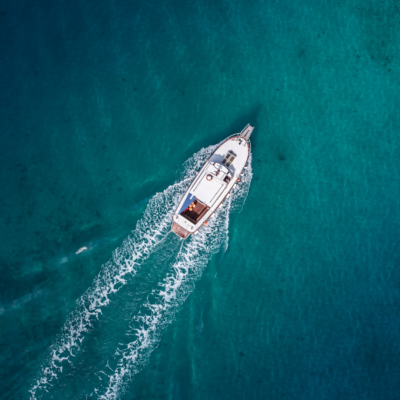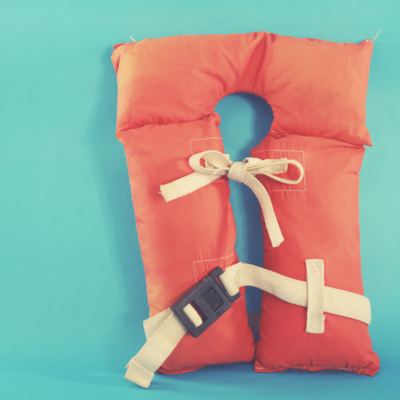It’s finally summer again in Alberta, and with the season comes an activity many enjoy: boating! Our province has plenty of beautiful lakes to choose from and there are many different ways to have fun with a boat out on the lake.
If proper precautions are taken, boating is generally a drama-free, enjoyable activity. However, the fact that around 525 Canadians die due to boating activities every year shows that there are some dangers to be aware of and prepared for. On top of that, some factors could have an impact on your liability, should you be in a situation where you are involved in a personal injury claim due to a boating accident.
mmmmmmmmmmmml
Factors
When it comes to claims involving boating accidents, several factors could have an impact on your level of liability.
Some of these factors include, but are not limited to:
- Lifejackets:
Were you wearing one? Are you legally required to wear one in the jurisdiction where the accident happened? If you had to wear one but weren’t, this can impact your case. For an example, click here to look at the River Safety requirements of the City of Edmonton. - Substance use:
Did you have drugs or alcohol while you were operating the boat? In Canada, operating a watercraft while under the influence of drugs or alcohol is illegal.
(Over half of all boating accident deaths involve alcohol usage.) - Necessary equipment:
Canada has an act called the Marine Liability Act which states which equipment is legally required to be on board a watercraft (depending on the type of watercraft). Your liability will be affected If you do not meet the requirements for your specific watercraft.
mmmmmmmmmmmml
Improving Water Safety
You can take many steps to reduce your risk of a boating accident.
- Tell someone.
Telling someone where you are going, for how long, and who you will be with means you’ll always have someone who knows where to look for you or how to provide critical information to first responders (should something happen).
- Proof of competency.
Make sure you meet Transport Canada’s requirements for proving that you are competent to operate a boat. The requirements differ for each situation, so be sure to look up the page and see what would be required specifically of you.
- Swimming lessons and practice.
Heading out onto the water without having strong swimming and diving skills greatly increases your chances of something going wrong. Consider brushing up on and improving your skills. - Bring a friend.
Don’t travel alone! It’s always wise to have someone with you who can watch out for you and give you a hand, should you need it. - Be prepared.
Look through the equipment on the boat and ensure that you have the appropriate number of floatation devices. Make sure that everything is in working order, as well. - Check the forecast.
Don’t head out onto the water without first having looked at the weather forecast, and the water and boating conditions. If it looks risky, postpone your plans to another day. It’s never worth risking injury or even death for a little bit of fun out on the water.
mmmmmmmmmmmml
If you were involved in a boating accident and aren’t sure what you should do next, consider calling us at McGuiness Law. We offer completely free, no-obligation consultations that will help guide you in the right direction.
At McGuiness Law, we’re passionate about ensuring that our clients receive the full settlement amounts that they deserve. Whether you are involved in a car accident or watercraft incident this summer, we know the loopholes that insurance companies like to use.
Connect with us toll-free at 1-833-585-4145. You can also use the contact form on our website to send us an email.